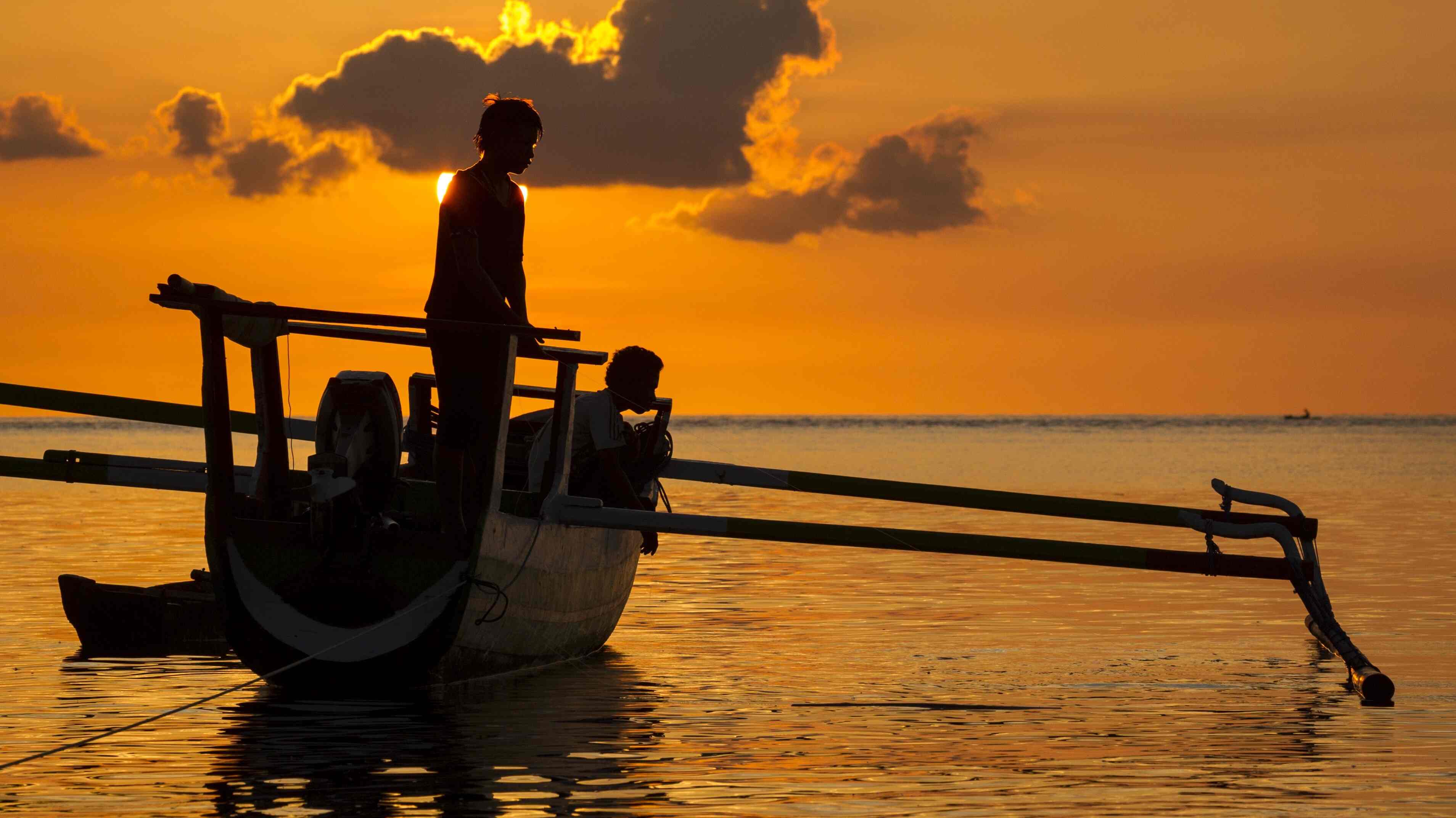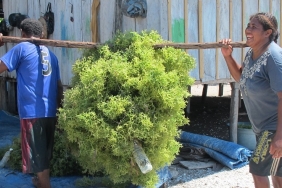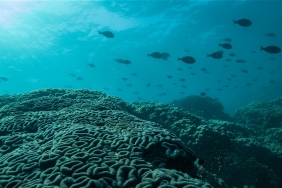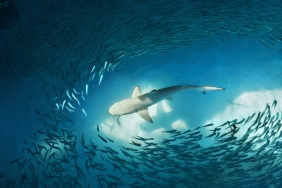CATCHING FISH WITH "TWO FINGERS", BULELENG FISHERMEN PRACTICE SUSTAINABLE REEF FISHERIES
By: Fransiska Sonya P (Capture Fisheries Assistant,WWF-Indonesia)
A number of candies, jelly, peanuts, and chocolates - we distributed to fishermen and asked them to simulate fishing. Candy is analogous to fish in the ocean, peanuts are coral reefs, jelly is turtles, and chocolate is sharks. Their hands are the fishing gears that determine the fate of capture fisheries in the future.
Reaping with five fingers - think trawl will carry not only fish, but also a lot of bycatch. Catching with two fingers - such as arrows or fishing rods, will be more selective in catching fish, a more environmentally friendly way.
"We used to catch fish the wrong way, but not anymore," said Pak Hamid, head of the Bina Karya fishing group in Patas Village, Gerokgak District, Buleleng, Bali. "We want to be able to catch fish in an environmentally friendly way, because if we continue to use bombs or potassium, later we cannot enjoy reef fish anymore, and coral reefs will be damaged," he told us honestly, WWF-Indonesia team, at the training of Better Management Practices (BMP) in Patas Village, February 24, 2017.
That day, together with Lembaga Peduli Alam dan Lingkungan (PILANG), we started the fisheries improvement program (FIP) for the fishermen who are members of Bina Karya Group. I could see their enthusiasm - as well as the Head of Patas Village and the Buleleng Regency Fisheries Extension Officer who were also there.
Indeed, reef fishing has become part of the daily lives of the fishermen of Patas Village, which is included in the West Bali region. Since the early 1980s, fishermen have depended on this strategic commodity - katamba fish, reef grouper, and snapper. Many changes have occurred until now, including changes in fishing techniques.
In the past, Patas Village fishermen used bombs and potassium poison. However, only around 2000, fishermen switched to using more environmentally friendly tools, namely shooting arrows (speargun). The destruction of coral reefs as a habitat for reef fish forced fishermen to change their fishing techniques to be more environmentally friendly.
Those who used to fish as far as Madura, East Java - want to be able to fish close to home without losing resources due to the destructive effects of bombs and potassium. This improvement in reef fisheries practices still needs improvement in various aspects. Be it fishing operations, record keeping, handling of catches, conservation principles, and fisheries management.
These are the things we are trying to build on by training them to implement Reef Fisheries BMPs - a guide to catching and handling reef fish in an environmentally friendly and responsible way.
The training started with a pre-test to determine the fishermen's initial understanding and ended with a post-test to see how far their understanding has progressed. From the recapitulated scores of the two tests, the fishermen's understanding was indicated to have increased by 1.65%.
Whatever that number means - because with my own eyes, I saw that day that fishermen were so actively involved in the discussion. From fishing problems, to future improvement plans.
One of them was to fill in the logbook of catches in every trip to sea. Another thing? Gradually, I think it will soon be seen in the daily assistance with PILANG in the future.





